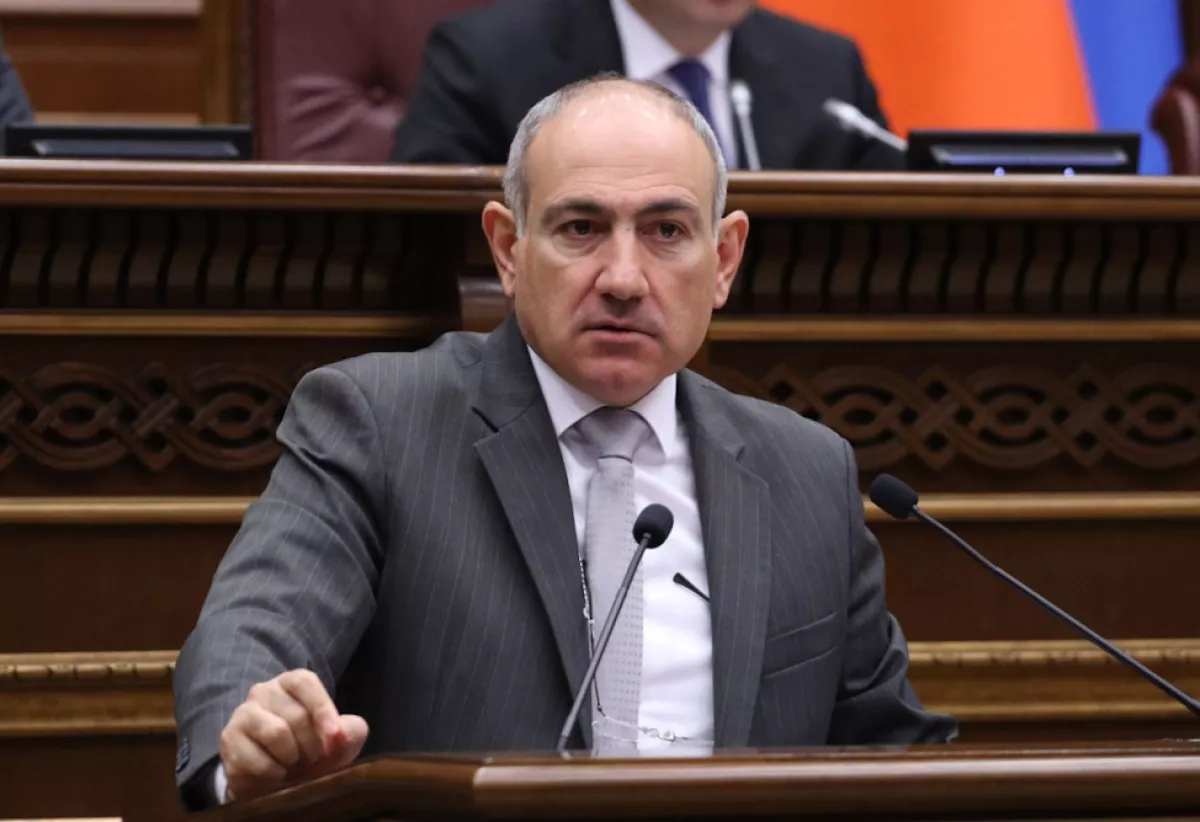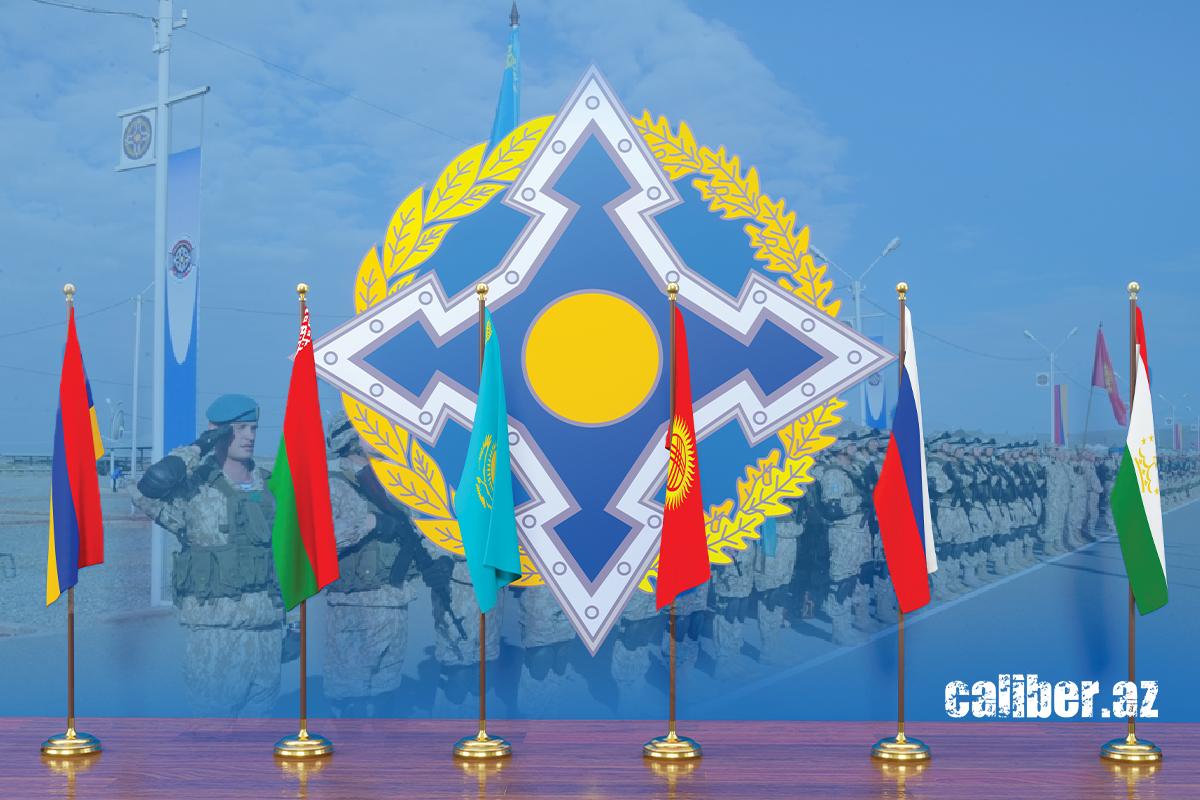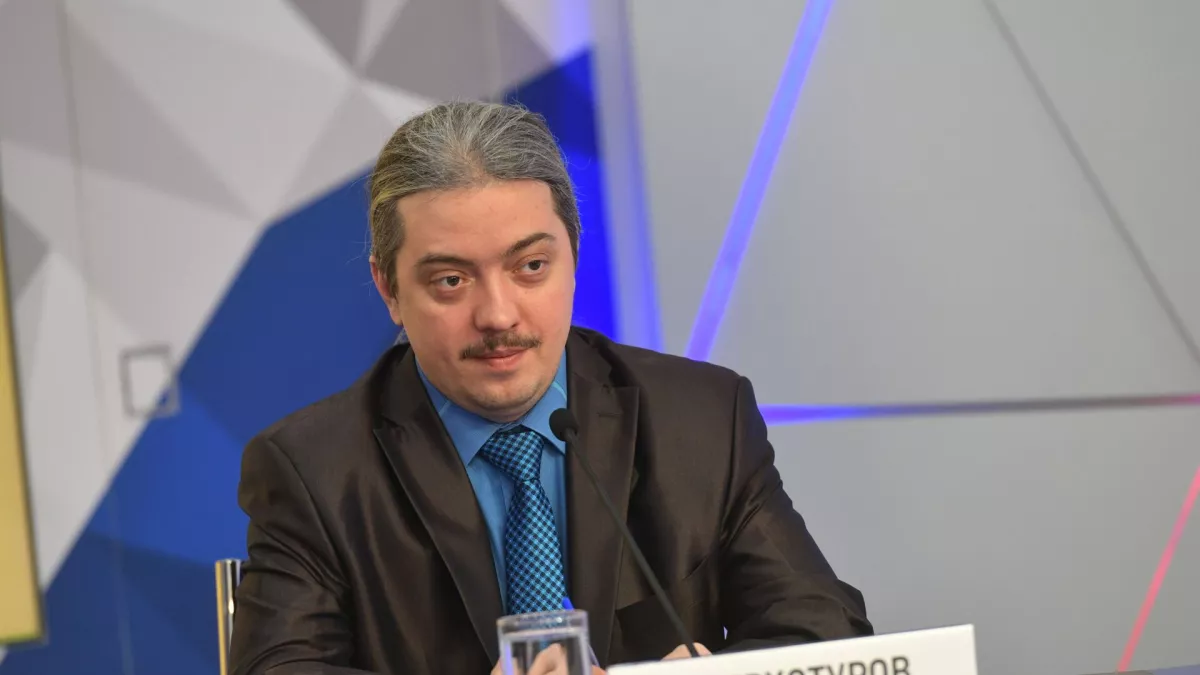Refusal to contribute to CSTO — Yerevan's signal to exit “Armenia’s neighbors not to regret if it disappears as a state”
Amid growing tensions in Armenian-Russian relations, driven by Yerevan’s European aspirations, the leadership of Armenia has made another move against Moscow. Armenia officially notified the Secretariat of the Collective Security Treaty Organization (CSTO) that it is abstaining from signing the decision on the "CSTO Budget for 2024" and, consequently, from participating in the financing of the organization’s activities.
Armenia stopped providing financial support to the CSTO back in May of last year. At that time, the country’s Ministry of Foreign Affairs announced Armenia’s decision not to participate in the organization’s funding in 2024. Prior to this, Prime Minister Nikol Pashinyan stated that Armenia's membership in the bloc was essentially frozen — allegedly due to the CSTO’s inaction during the conflict between Armenia and Azerbaijan. "If we have effectively frozen our activities now, if the issues are not resolved, we will do so de jure," the prime minister said.

In September 2024, Pashinyan noted that at this stage, freezing Armenia's participation in the CSTO was sufficient, but he did not specify a timeline for a possible full withdrawal from the organization. A couple of months later, in December, during a speech in the Armenian parliament, he took a more ultimatum-like stance, declaring the "point of no return" in relations with the CSTO.
Moscow's harsh reaction came swiftly. Vladimir Dzhabarov, First Deputy Chairman of the Federation Council's Committee on International Affairs, commenting on Pashinyan's statement about the "point of no return," candidly stated that the Americans would not be able to replace Russia and the other CSTO countries for Armenia. The senator also cited Ukraine as an example, pointing out that it had attempted to build relations with Washington instead of Moscow.
Russia has diplomatically made it clear that if Armenia fully pivots to the West, it may face a catastrophic scenario similar to Ukraine's. Moscow periodically sends such messages to Yerevan, signaling the risks Armenia may encounter if it changes its foreign policy course. However, it seems that Yerevan is not fully aware of the consequences.
A telling example in this regard was the resumption of parliamentary discussions in Armenia concerning European integration. Recently, the National Assembly of Armenia adopted, in its second and final reading, a draft law to begin the process of the country's accession to the EU. This did not go unnoticed by Russia, which promptly demanded clarity from Yerevan on its foreign policy course, including in relation to the CSTO.

The main argument that Moscow continues to emphasize is Armenia's unquestionable adherence to the CSTO Charter, which requires participation in the organization's official events and timely payments. As is well known, Armenia has demonstratively ignored both of these obligations, thereby showing disrespect to the organization and, primarily, to Russia.
At the same time, Armenia's leadership is actively developing military cooperation with the West, seeking to please the European Union, which is causing increasing frustration in Moscow. This suggests that the provocative statements by the Armenian authorities regarding the CSTO are driven by their Western partners, whose directives Armenia has been following in recent years.
The conclusion seems inevitable: Yerevan's gamble with refusing payments to the CSTO is likely aimed at officially removing Armenia from the bloc. It is clear, however, that the attempt to shift the responsibility for this exit onto the CSTO itself — a step likely dictated by Armenia's Western partners — is unlikely to succeed. It would be naive to assume that Russia will allow Armenia to "sail freely."
In this context, a logical question arises: what pressure tactics might Moscow use to force Yerevan to fulfill at least its financial obligations within the CSTO?
In an interview with Caliber.Az, Russian international relations expert, South Caucasus specialist, and publicist, Dmitry Verkhoturov, expressed a similar view, suggesting that Armenia's current maneuver in the CSTO might have been orchestrated by its European partners.

"This provocative line is most likely aimed at removing Armenia from the CSTO. It is possible that additional provocative actions or statements from Yerevan, as well as new military contacts with Europeans, will precede such a decision within the organization. The problem is that the political circles in Yerevan have a poor ability to predict their future. Armenia, without Russia's support, could find itself facing Türkiye and Azerbaijan alone. In this situation, Europe will not intervene in the processes occurring in the region. A telling example in this regard is Ukraine. What did European assistance lead to for Kyiv? Europe pushed the country into war, and in the end, Ukraine was defeated. Today, its existence as a state and the identity of Ukrainians as a nation are under question. Armenia risks repeating the same scenario; it may face a variety of pressure tactics, and Armenia will have no tools to resist them.
If Azerbaijan demands the Zangezur Corridor, Armenia will likely have to concede — because neither Russia nor Europe will support it. The issue with Armenia could be resolved much more harshly and radically than anything we’ve seen before. In Yerevan, no basic conclusions have been made after the loss of Karabakh. Armenians fled from Karabakh, and they blamed Russia for it. Now, the Armenian authorities are making another fatal mistake, leading the country to the brink — risking the loss of its very statehood. The policy pursued by Armenia gives neighboring countries every reason not to regret if it disappears as a state. This would essentially resolve all regional conflicts and problems," concluded Verkhoturov.








